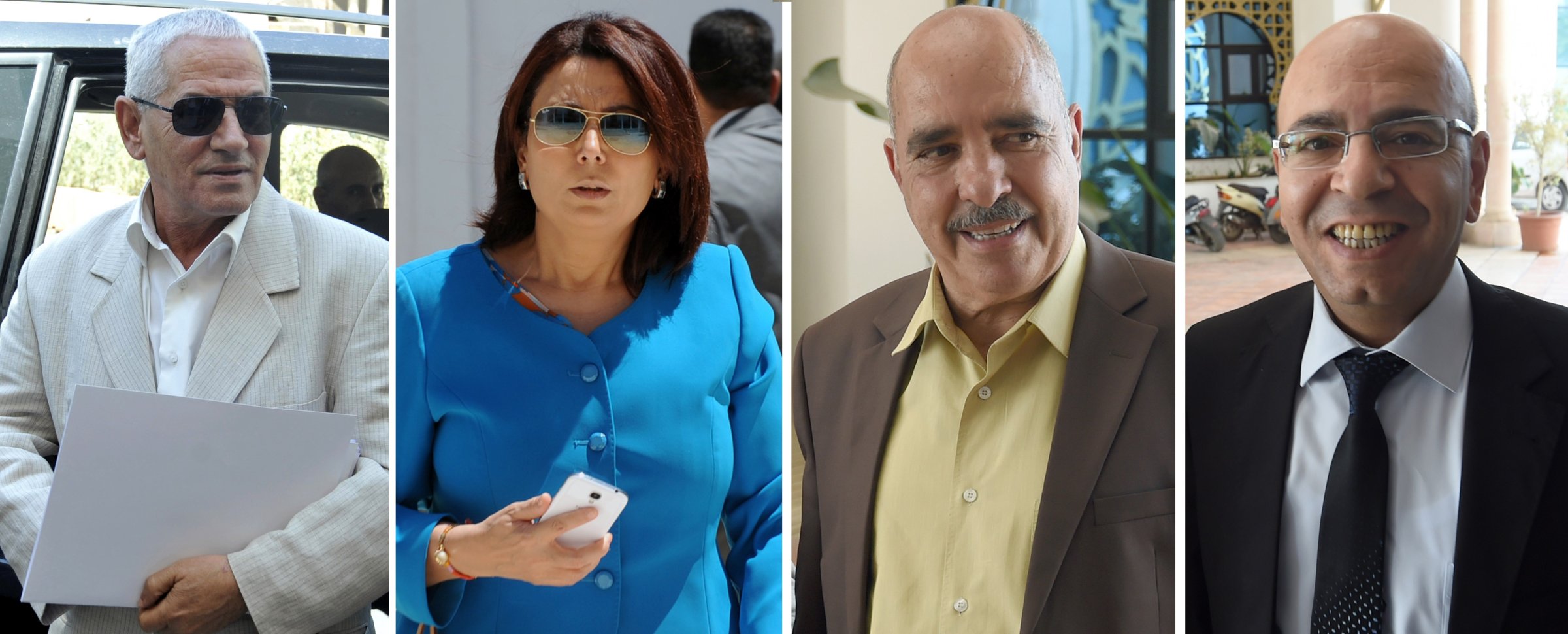
The Norwegian Nobel Committee named the National Dialogue Quartet in Tunisia as the winner of the 2015 Peace Prize. Here’s a look at the group and what it accomplished:
Who: The Quartet is made up of four groups: the Tunisian General Labour Union; the Tunisian Confederation of Industry, Trade and Handicrafts; the Tunisian Human Rights League; and the Tunisian Order of Lawyers. They are led, respectively, by Houcine Abassi, Wided Bouchamaoui, Abdessattar Ben Moussa and Mohamed Fadhel Mahfoudh. The Nobel committee made it clear in its announcement that the prize is “awarded to this Quartet, not to the four individual organizations as such.”
What: The Quartet was established as a mediator representing several key components of Tunisian society to engage in negotiations that have played a critical role in maintaining democracy in the country over the past couple of years.
Where: Tunisia was famously the birthplace of the Arab Spring; in December 2010, the street vendor Mohamed Bouazizi set himself on fire in protest of his treatment by local government officials. His subsequent death in January 2011 sparked revolution in the country, quickly forcing its dictator into exile, as well as in the broader region, as regimes were challenged in Libya, Syria and Yemen.
When: The Quartet was formed in 2013 at a critical moment for the country. Tunisia’s future as a democracy was in danger after arguments over the place of religion in the state and several political assassinations, including the killing of opposition politician Mohamed Brahmi. Protests might have overthrown the democratically elected government, but the Quartet helped negotiate a transition in which the government resigned and a new constitution and constituent assembly were put in place. New elections were held in the fall of 2014.
Why: The Nobel committee said it had selected the Quartet because it has “established an alternative, peaceful political process at a time when the country was on the brink of civil war. It was thus instrumental in enabling Tunisia, in the space of a few years, to establish a constitutional system of government guaranteeing fundamental rights for the entire population, irrespective of gender, political conviction or religious belief.”
What next: Democracy’s hold remains tenuous in the country, and the Quartet will have its work cut out to maintain peace. Two Islamist terrorist attacks shook Tunisia this year, killing 21 tourists and a police officer at a major museum in March and 38 people, mostly tourists, at a beachside resort in June. Tourism is an important source of revenue for the country, and it’s crucial for the democracy’s survival that such attacks are prevented.
The Quartet will receive its prize, which comes with nearly $1 million, in a ceremony on Dec. 10.
More Must-Reads from TIME
- Donald Trump Is TIME's 2024 Person of the Year
- Why We Chose Trump as Person of the Year
- Is Intermittent Fasting Good or Bad for You?
- The 100 Must-Read Books of 2024
- The 20 Best Christmas TV Episodes
- Column: If Optimism Feels Ridiculous Now, Try Hope
- The Future of Climate Action Is Trade Policy
- Merle Bombardieri Is Helping People Make the Baby Decision
Contact us at letters@time.com